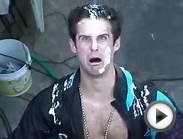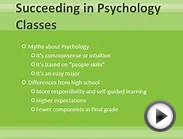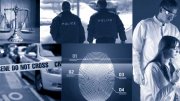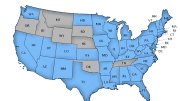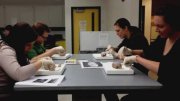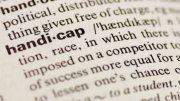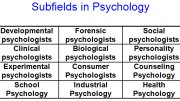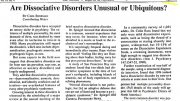
Criminal psychology courses are generally offered as part of bachelor's or master's degree programs in criminology or master's and doctorate degree programs in psychology. Graduates of these types of programs may find careers in fields such as law enforcement, criminal profiling and psychology.
List of Courses
The following descriptions provide an overview of the most common criminal psychology courses.
Biological Criminal Psychology Course
Biological criminal psychology is the study of various factors, such as genetics and the social environment, and their effect on criminal behavior. Students learn about genetic, neurobiological and other physiological factors that may influence the criminal mind. Cultural, social, geographic, economic and family circumstances, along with how they might lead to criminal behavior are also studied. Information learned in this course may help professionals in identifying possible triggers of or influences on criminal behavior. This course is often one of the first psychology classes taken in a program.
Criminal Behavior Course
Students learn about psychological factors that drive criminal behavior, such as characteristics, patterns and disorders that are linked to criminal behavior. Criminal profiling, which teaches students how to look at a psychological evaluation and how to conclude whether a person has criminal tendencies, is covered. Students learn about typical profiles for crimes like arson, rape and murder. This course may be taken around the middle of a program.
Forensic Psychology Course
Forensic psychology focuses on teaching students how to apply psychological findings in a legal setting. Course topics include testifying at criminal trials, presenting a profile, predicting behavior and attesting to mental competency. The course may be part of master's or doctorate programs relating to forensic or legal psychology. Students may take the course at anytime during a program.
Psychological Testing Course
Master's or doctorate programs in psychology usually offer a course on the proper procedures involved in psychological testing. Students take classes in administering tests, checking the validity of a test, measuring test results and creating a prediction based on testing. The information learned may help professionals deal with criminal diagnosis and prepare court testimony. This is an advance course taken near the end of a program.
Source: study.com
You might also like:
